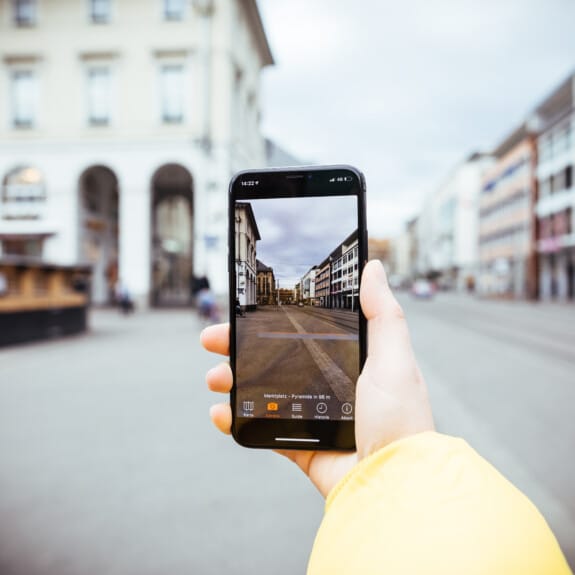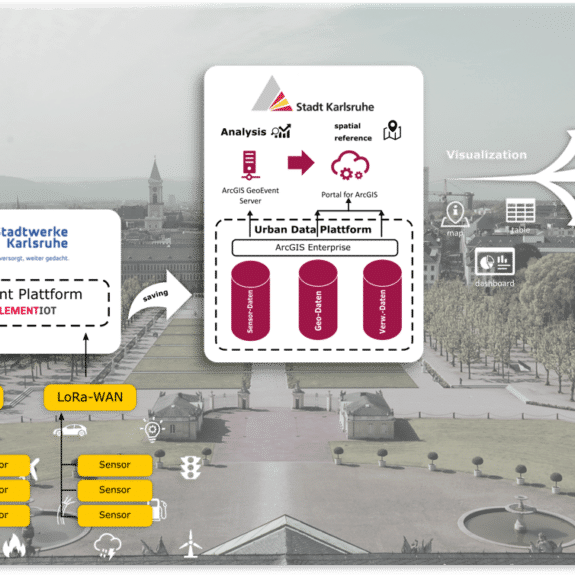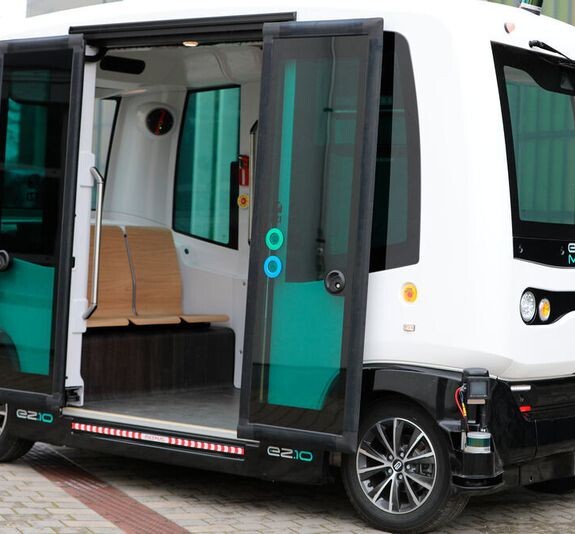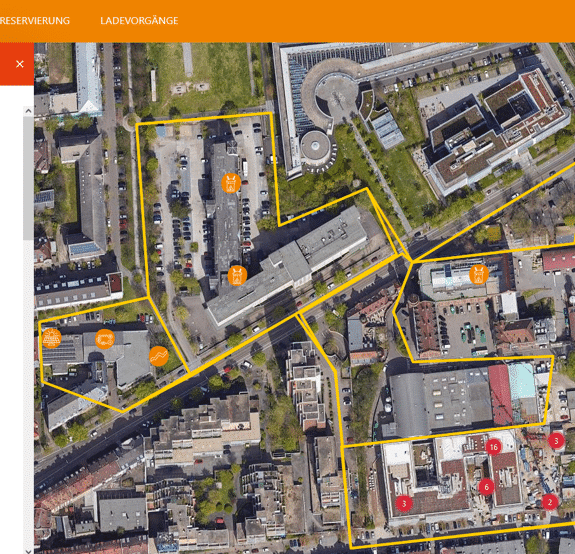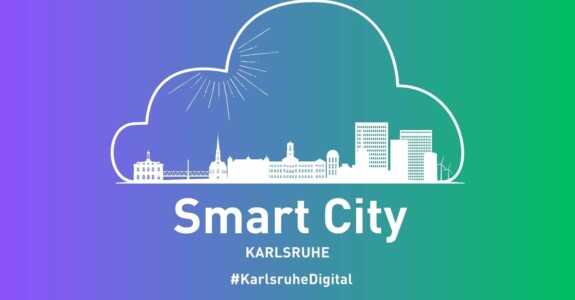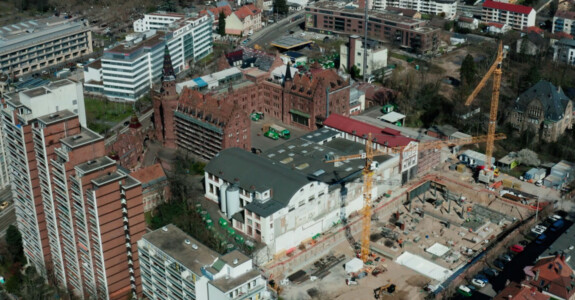Smart City Karlsruhe
Smart City Karlsruhe:
smart, digital & connected.
The Smart City Karlsruhe uses the potential of digital technologies and data to increase its residents’ participation and well-being, as well as to meet both current and future challenges and to ensure Karlsruhe’s future viability. and data to increase its residents’ participation and well-being, as well as to meet both current and future challenges and to ensure Karlsruhe’s future viability.
Ideas and implementations:
Our Smart City projects
The Smart City Karlsruhe is characterised by its numerous projects across various domains. When implementing individual measures, Karlsruhe can rely on a large network of partners and expertise gained from its digital sector. Find out more about our Smart City projects.
Latest news about the
Smart City Karlsruhe
The most frequently asked questions and
answers
-
The glossary of the Smart Country Convention of the Bitkom industry association summarizes the most important terms in an easily understandable way.
https://www.smartcountry.berlin/de/zusatzseiten/glossar/ -
Pretty “smart” already. Karlsruhe is one of the most digital cities in Germany, as proven by its 3rd place in the Smart City Award 2021 organised by Bitkom e.V. behind Hamburg and Cologne. In 2020, Karlsruhe was awarded the title of the “most digital administration”. In 2023, Karlsruhe remains one of the top 10 smartest cities in Germany and even has the most digital administration in Baden-Württemberg.
Karlsruhe is also the only German city to be part of the G20 Global Smart Cities Alliance of the World Economic Forum (WEF). The Alliance aims to shape a more ethical and responsible future. Karlsruhe, along with 35 other “pioneering cities”, aims to establish a global initiative to promote the ethical use and development of digital technologies and strategies. As part of the G20 Smart City Alliance, the Governance & Economy Award was awarded at the 2021 World Smart City Awards at the Smart City Expo World Congress in Barcelona.
The Smart City Karlsruhe addresses future topics and challenges jointly by establishing a specific new structure and defining individual focus topics.
-
Do you have questions or comments regarding the Smart City Karlsruhe? Please feel free to contact us!
The Karlsruhe Smart City topics are managed jointly by the Office for Information Technology and Digitalization of the City of Karlsruhe and the karlsruhe.digital initiative.
Contact persons
The Karlsruhe Smart City topics are managed jointly by the Office for Information Technology and Digitalization of the City of Karlsruhe and the karlsruhe.digital initiative.
Questions, ideas and comments around the digitalization of the city administration?
Or regarding digital projects of the City of Karlsruhe with an external impact, such as the Karlsruhe.app?
Office for Information Technology and Digitalization Markus Losert Office management and Smart City staff unit
General questions, ideas and comments on the Smart City Karlsruhe, location marketing and the involvement of business and science?
Projects that should not be missing from our list?
Initiative karlsruhe.digital Carolin Engel Office karlsruhe.digital

